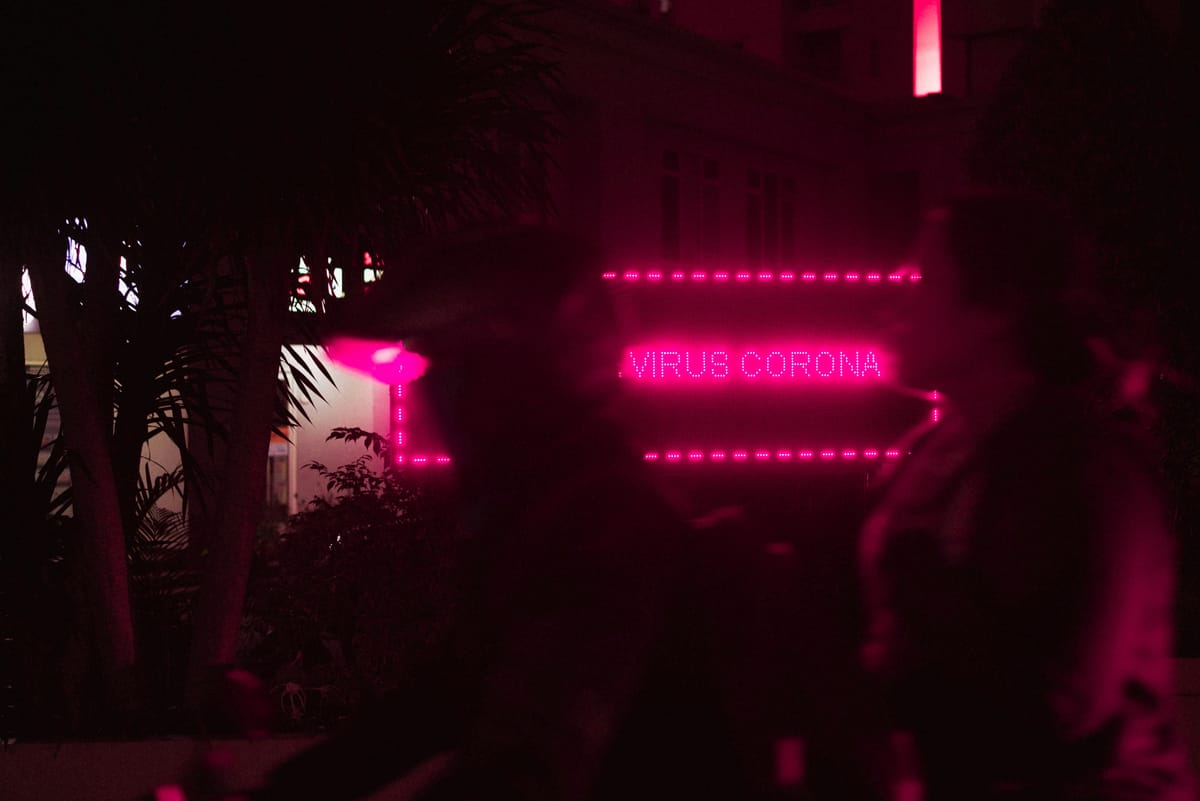Court to Review UNC Records Case Tied to COVID-19 Origins

RALEIGH, N.C. — North Carolina’s second-highest court is set to review a public records lawsuit involving the University of North Carolina at Chapel Hill and its possible connection to the origin of COVID-19. The case centers on records related to Dr. Ralph Baric, a researcher at UNC, and his ties to the Wuhan Institute of Virology in China.
The nonprofit group US Right to Know filed the lawsuit after UNC declined to fully release documents requested under the state’s Public Records Act. The group is investigating the origins of the COVID-19 virus and requested records from UNC starting in July 2020.
Plaintiff Argues for Transparency
In a brief submitted Tuesday to the North Carolina Court of Appeals, US Right to Know criticized the university's handling of the request. “The subject matter of this case is of great public interest, since more than one million American lives have been lost because of COVID-19,” their attorneys wrote.
The group pointed to records showing that Dr. Baric has received more than $200 million in research funding since 1986. They argued that this level of public funding makes the records relevant to the public.
UNC initially reported that more than 336,000 pages could be relevant. The university later identified about 86,934 pages but only released six pages from a key time period — March 2019 to January 2020.
Research Exemption at the Heart of the Dispute
UNC cited a research exemption in North Carolina law that allows public universities to withhold records of a “proprietary” nature. The law, N.C. Gen. Stat. § 116-43.17, excludes from public release any unpublished research data that could affect commercial or scientific competition.
A Superior Court judge sided with UNC in October 2024, accepting the university’s interpretation of the exemption. US Right to Know appealed, saying the court applied an overly broad reading of the law.
“The trial court… applied the broadest possible interpretation of the research exemption,” the group’s attorneys argued. “The proper reading... excludes only research that qualifies as a trade secret.”
They claimed that allowing such a broad definition makes it too easy to block access to public information.
Claim of Lab Origin Adds to Interest
Interest in the case increased after Dr. Robert Redfield, the former director of the Centers for Disease Control and Prevention, suggested in a podcast interview that COVID-19 began in a lab at UNC-Chapel Hill. He referred to Dr. Baric as the “scientific mastermind behind the research,” according to a November 2024 report from Carolina Journal.
The North Carolina Court of Appeals will now decide whether the lower court’s ruling should be upheld or overturned. The outcome could influence how public universities across the state respond to records requests about scientific research.
